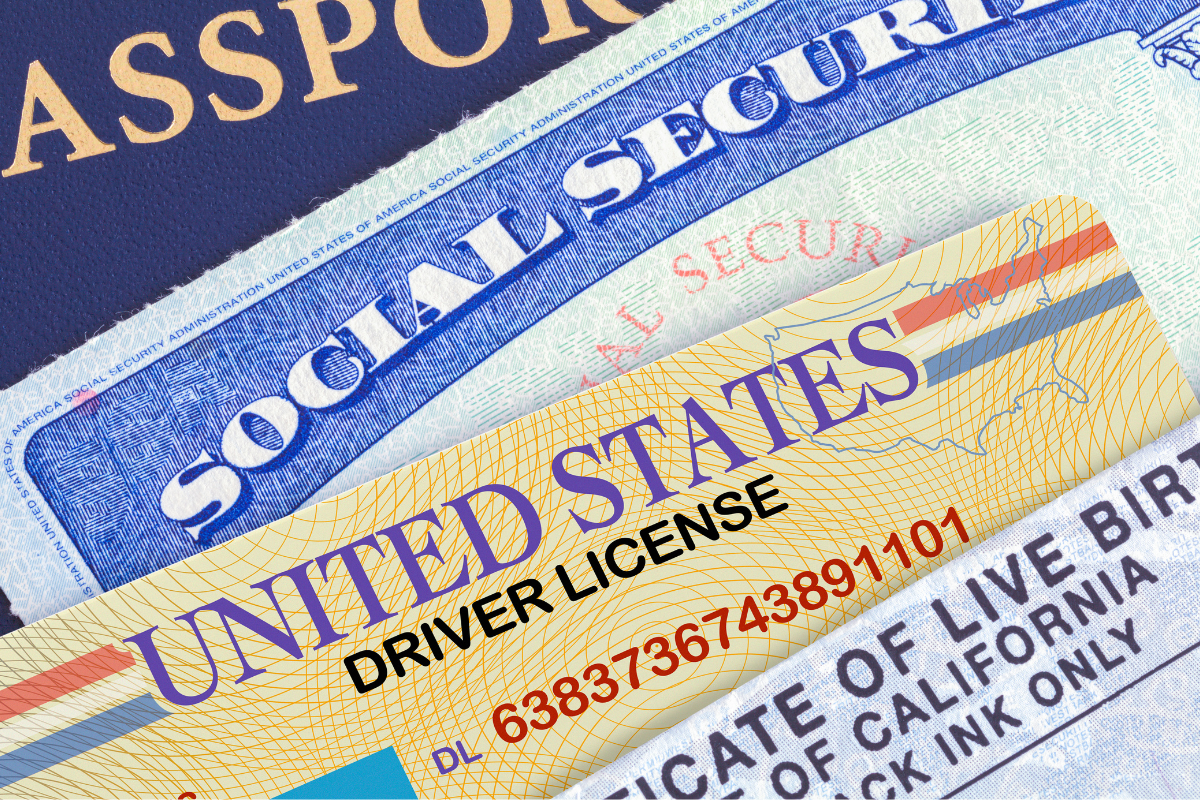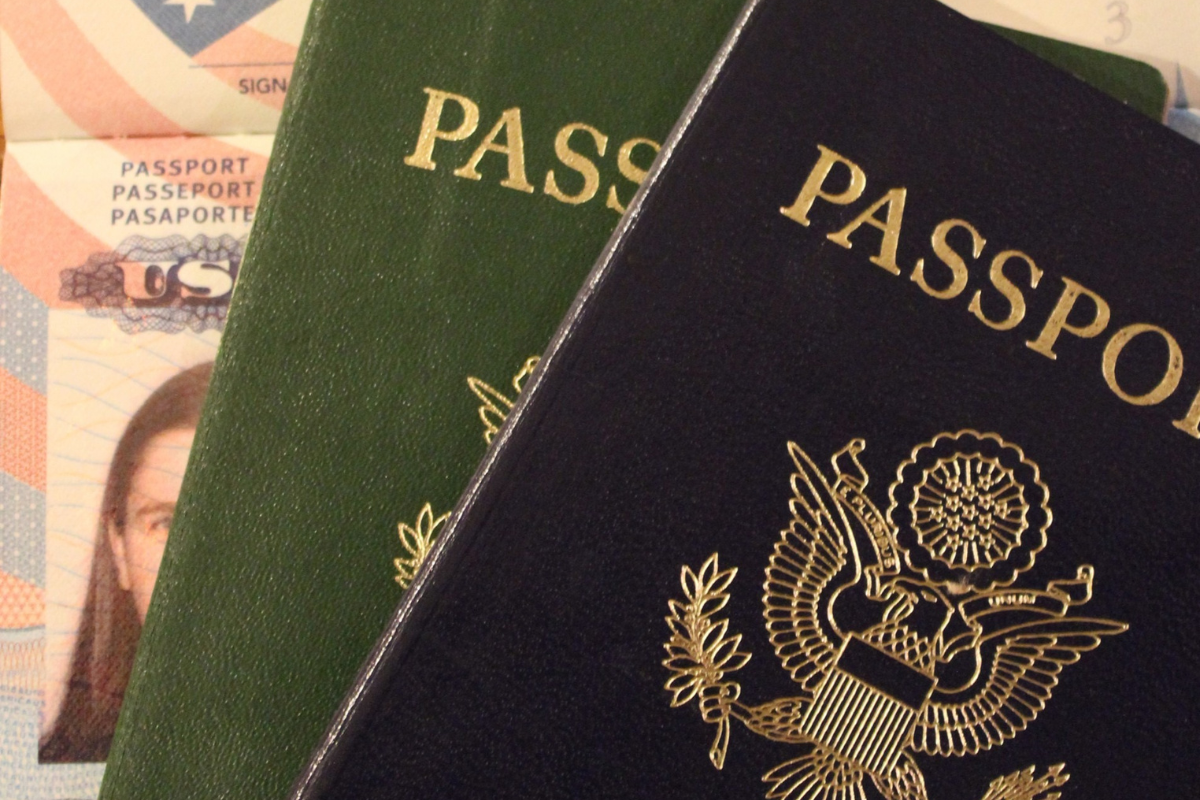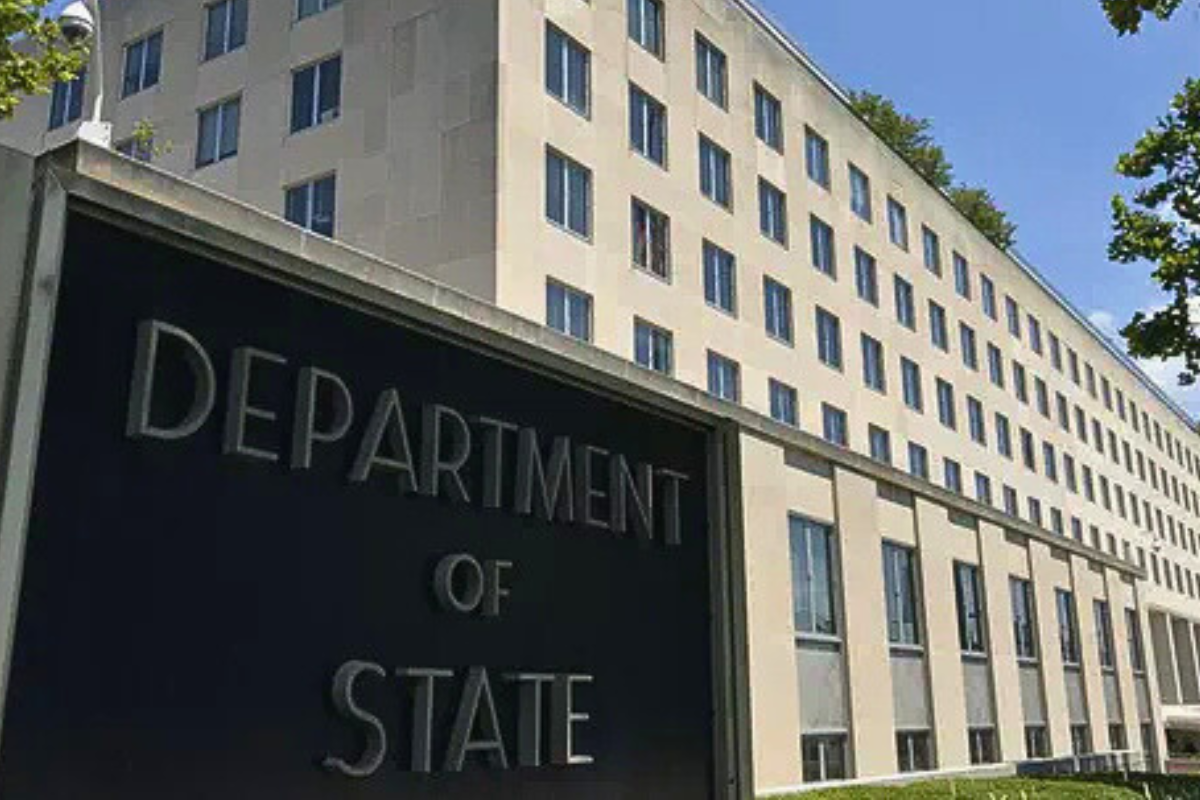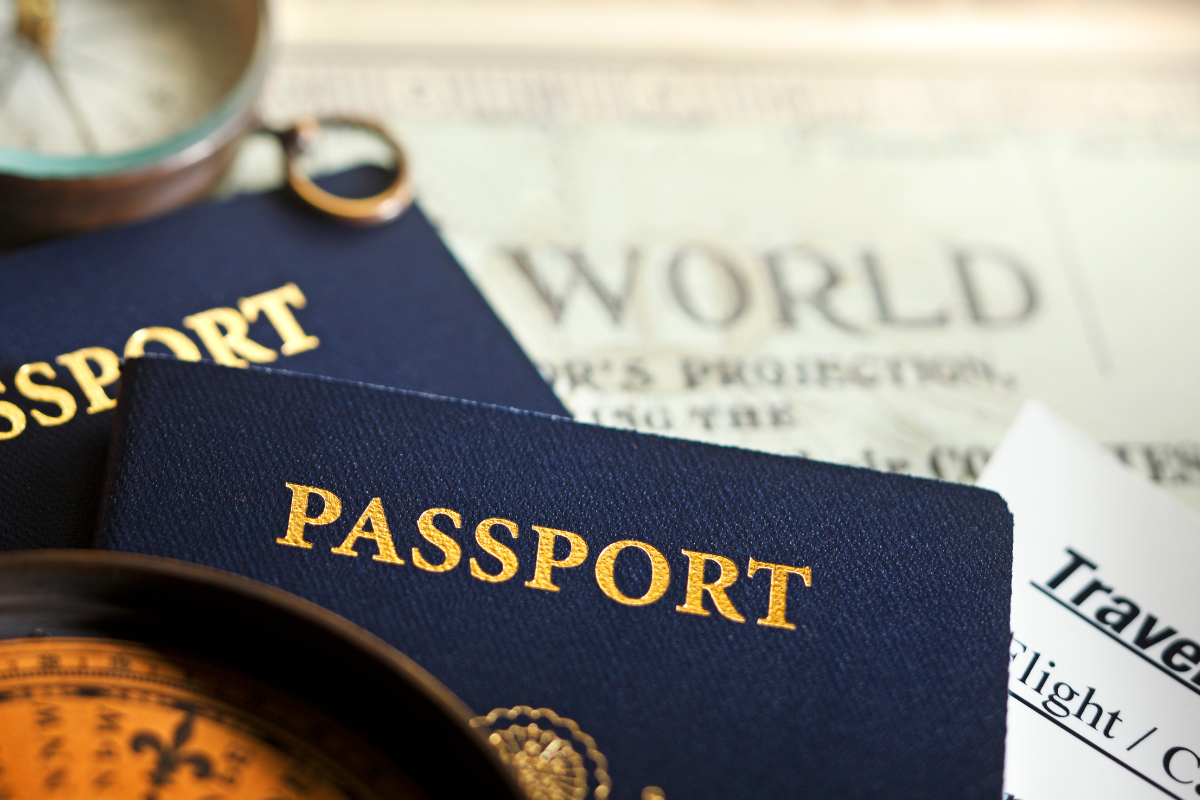Post Disclaimer: This blog reflects the author's personal experience with end-of-life matters and is provided in good faith for informational purposes only. While we aim to provide clear guidance on hard-to-find topics, this content is not legal advice and your use is at your own risk. Estate planning and end-of-life laws vary by location, so please consult your state's laws and seek guidance from a licensed attorney for your specific situation. We make no warranty about the accuracy or completeness of this information, which does not replace professional legal counsel. For more information, please see our full disclaimer.
Dealing with a deceased person's passport is one of the many challenges that come with the loss of a loved one.
Properly managing a passport after the holder's death is essential to prevent identity theft, comply with legal obligations, and ensure the individual's passing is officially recorded.
This comprehensive guide provides step-by-step instructions and important considerations for handling a deceased person's passport.

Immediate Actions: Securing and Organizing Vital Documents
Upon a loved one's passing, the initial step is to locate and secure their passport along with other critical documents, such as their death certificate, birth certificate, social security card, and other forms of identification.
Gathering and safeguarding these documents is typically among the responsibilities of the estate executor and/or the next of kin.
Keeping these documents secure is crucial until you can start the necessary reporting processes.

Legal Obligations and Reporting Requirements
In most countries, including the United States, there are legal requirements for reporting the death of a passport holder to the issuing authority.
This step is crucial to prevent passport misuse, such as identity theft, and to ensure the individual's death is officially documented in government records.
For U.S. citizens, the following must be submitted to the U.S. Department of State within 60 days of the passport holder's death:
- The physical passport of the deceased individual
- An original or certified copy of the death certificate
- A signed and dated letter requesting the cancellation of the passport, including:
- The deceased's full name, date of birth, and place of birth
- Passport number and issue date, if available
- Date and place of death
- Your name, address, and relationship to the deceased
- A clear statement requesting the passport to be canceled

Submitting the Required Documentation
Once you have gathered the necessary documents, make copies of everything for your personal records before submitting the originals.
The materials must be mailed to the following address:
U.S. Department of State
Consular Lost and Stolen Passport Unit (CLASP)
44132 Mercure Circle
P.O. Box 1227
Sterling, VA 20166-1227
Upon receipt, the U.S. Department of State will cancel the passport, and the physical canceled passport may be returned to you upon request.
The typical processing time for this procedure is 4-6 weeks.

Handling Special Circumstances
Deaths Outside the United States
If a U.S. citizen passes away while abroad, it is essential to notify the nearest U.S. embassy or consulate promptly.
They will provide guidance on the required documentation and assist with canceling the passport according to the specific country's protocols.
Multiple Citizenship and Passports
In cases where the deceased held passports from multiple countries, it is necessary to notify each country's passport authorities separately.
Every nation has its own specific procedures for handling the passports of deceased citizens, so it is crucial to research and adhere to each country's requirements.
Expired Passports
Even if the deceased's passport has expired, it is still necessary to report the death and submit the passport for official cancellation.
Expired passports can potentially be used for fraudulent activities, such as identity theft, so proper reporting and cancellation are essential.

Consequences of Failing to Report a Death to the SSA
Neglecting to report a passport holder's death and cancel their passport can lead to several adverse consequences:
- Increased Risk of Identity Theft: Deceased individuals are particularly vulnerable to identity theft because their personal information, such as Social Security numbers and passport details, may be obtained by fraudsters.
- Legal Complications: Failing to comply with legal obligations regarding a deceased person's passport can result in legal issues for the estate and the deceased's family members.
- Difficulties with Estate Settlement: Properly reporting a death and canceling the passport can be necessary for settling the deceased's estate, including insurance claims and other administrative processes.

Retaining Passport Information for Estate Planning
When submitting a deceased person's passport for cancellation, it is advisable to make copies of all relevant pages and maintain a record of the passport number, submission date, and any correspondence with the authorities.
This information should be included in the deceased's estate planning documents to ensure a comprehensive record of their identity documents.

Seeking Assistance and Additional Resources
Navigating the process of handling a deceased person's passport can be overwhelming, especially during a time of grief.
For further assistance and guidance, consider the following resources:
- U.S. Department of State: Contact the passport services department for specific questions and up-to-date information on reporting requirements.
- Estate Attorney: Consult with the deceased's estate attorney for legal advice and assistance in handling personal documents and affairs.
- Funeral Homes: Many funeral homes have experience guiding families through the necessary procedures following a loved one's passing, including handling personal documents like passports.
- Government Websites: Visit official government websites for the most current information on reporting requirements and procedures related to deceased individuals' passports.

Wrap-up: Managing a Deceased Person's Passport
Managing a deceased loved one's passport is a critical responsibility that requires prompt action and attention to detail.
Understanding the legal obligations, gathering necessary documents, and following proper reporting procedures can help prevent identity theft, ensure compliance with government regulations, and protect your loved one's legacy.
Remember, seeking assistance from professionals and government resources can provide valuable guidance during this challenging time.
Check out the Up & Doing glossary page for an alphabetical listing of key terms related to estate administration, funeral planning, and other end-of-life topics.




